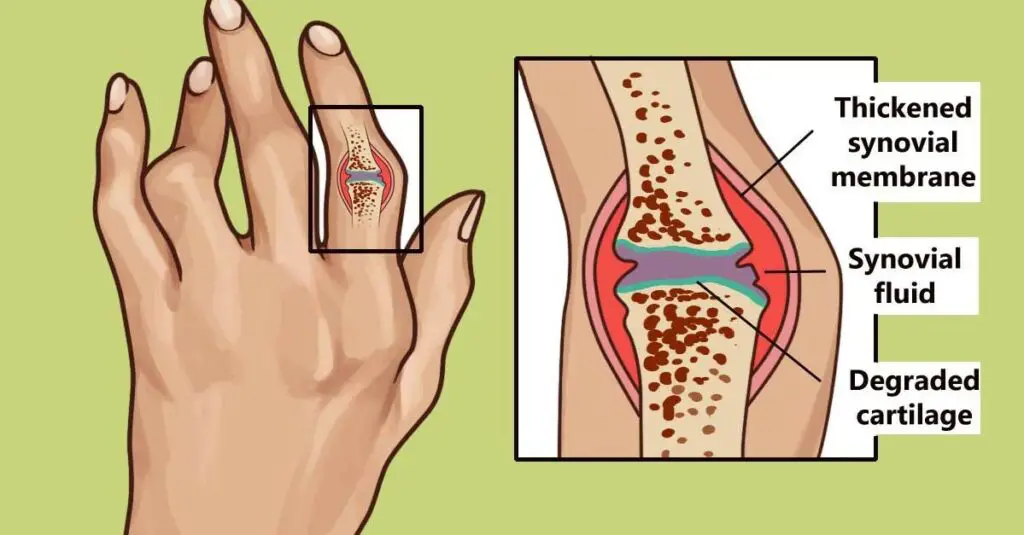Navigating life with a partner diagnosed with Post-Traumatic Stress Disorder (PTSD) presents unique challenges and can often be quite daunting. It’s a journey that demands not only deep understanding and patience but also unwavering resilience. PTSD, a condition triggered by traumatic experiences, can place considerable strain on any relationship due to its profound impacts on an individual’s mental health.
Nevertheless, acquiring knowledge about PTSD, extending relentless support, and developing robust coping mechanisms can equip you to weather this storm together. This process may be challenging, but it ultimately strengthens the bond between partners, fostering a deeper connection and mutual empathy.
Understanding PTSD
Being in a relationship with a partner who has Post-Traumatic Stress Disorder (PTSD) is undoubtedly complex. PTSD, a mental health condition prompted by witnessing or experiencing a traumatic event, can have profound impacts on an individual’s daily life and relationships.
The initial step in this journey involves gaining an understanding of PTSD. Those suffering from this disorder often relive their distressing experiences through flashbacks and nightmares, leading to feelings of guilt, isolation, and irritability. They may exhibit behavioral changes, including hypersensitivity to perceived threats, recklessness, or aggression.
Patience is a vital aspect in this scenario. It’s crucial to acknowledge that your partner is wrestling with an internal battle they didn’t choose. Their reactions or behaviors are not intended to be personal affronts; they’re manifestations of their disorder. Patience means offering them the space and time necessary for their healing process.
Resilience is a critical trait when living with a partner suffering from PTSD. There will be highs and lows, and cultivating robust coping strategies, such as self-care practices, seeking professional help, and maintaining a balanced lifestyle, can enhance your resilience.
Providing support to your partner entails being emotionally present, urging them to seek professional assistance, and accompanying them on their path to recovery. It’s about reinforcing the fact that they are not alone and their emotions are valid.
Together navigating these challenging circumstances can fortify your relationship. Although it’s demanding, learning to comprehend, support, and cope with your partner’s PTSD can foster deeper empathy and connection between you both. It’s important to remember that it’s perfectly acceptable to seek help and prioritize your own mental health. After all, you are in this journey together.
Supporting Your Partner
Supporting a partner with Post-Traumatic Stress Disorder (PTSD) involves a delicate balance of communication, patience, and active participation in their healing process.
Open and honest communication is crucial in any relationship, but particularly so when one partner is struggling with PTSD. You should encourage your partner to express their feelings, fears, and experiences as they feel comfortable. However, it’s essential not to push them into discussing the traumatic event that led to their PTSD, as this could trigger distressing memories and worsen their symptoms.
Patience plays a significant role in supporting a partner with PTSD. They may have good days and bad days, and their recovery journey will take time. Reassuring them of your unwavering support, regardless of the circumstances, can provide them with a sense of stability and security.
Getting professional treatment is vital for someone with PTSD. As a supportive partner, you can assist in this process by helping them find a therapist who specializes in trauma, if they haven’t done so already. If your partner is comfortable with it, you could attend therapy sessions with them. This can give you a better understanding of what they’re going through and how to support them effectively.
Lastly, encouraging your partner to stick to their treatment plan is another way to show your support. Medications, therapy sessions, and self-care activities are often parts of a comprehensive treatment plan for PTSD. Your encouragement could motivate them to follow through with these, which can significantly improve their quality of life and positively impact the health of your relationship.
Coping Strategies
Living with a partner suffering from Post-Traumatic Stress Disorder (PTSD) can indeed put significant stress on your own mental health. It’s vitally important to remember that self-care isn’t selfish—it’s essential.
Seeking support from your own network of friends and family can provide much-needed relief. They can offer a listening ear, emotional support, or practical help. Additionally, joining support groups—either in person or online—can be incredibly beneficial. These groups are typically composed of individuals who are undergoing similar experiences, and they can provide both comfort and practical advice derived from their own journeys.
Setting boundaries is another crucial aspect of maintaining your mental health. While supporting your partner is important, it’s equally important to remember that you are a partner first and a caregiver second. You mustn’t lose yourself in the process of helping your partner.
Maintaining your own interests and hobbies can help preserve your sense of self and independence. Whether it’s reading, exercising, painting, or simply spending time with friends, these activities can provide a healthy outlet for stress and a break from your caregiving role.
Finally, remember that it’s okay to seek professional help for yourself too. Therapists and counselors can provide valuable tools and strategies to help you cope with the challenges of living with a partner with PTSD. Ensuring your own mental well-being is not just beneficial for you, but for your relationship as well.
Final Thoughts
Living with a partner with PTSD is a journey filled with challenges and learning experiences. With understanding, patience, and mutual support, you can navigate this journey together. It’s important to remember that you’re not alone—there are resources and support systems available to help both of you cope with the situation.
Also worth remembering is that your love and support can make a huge difference in your partner’s recovery process. However, don’t forget to take care of yourself too. You are equally important in this journey.







